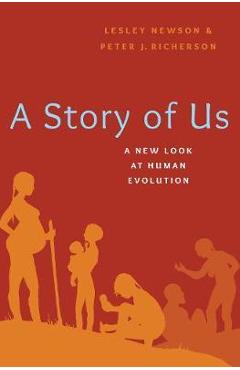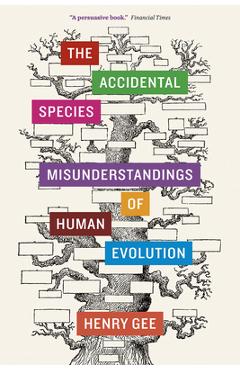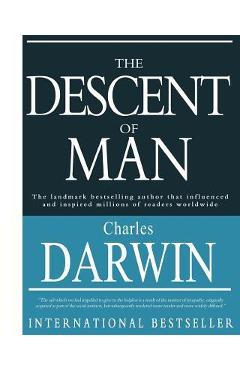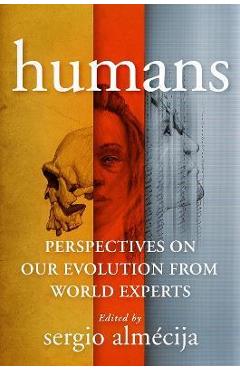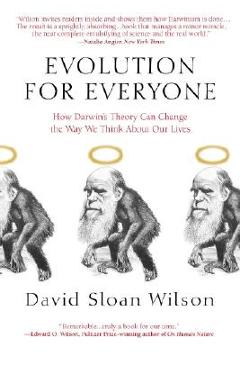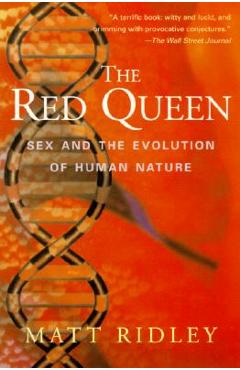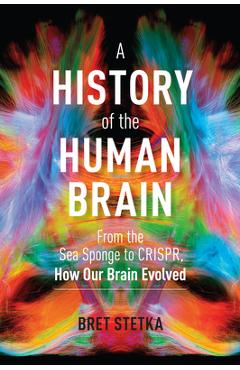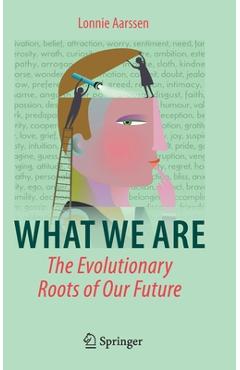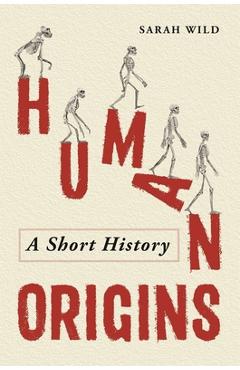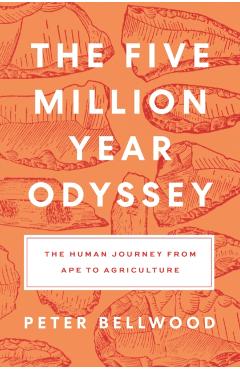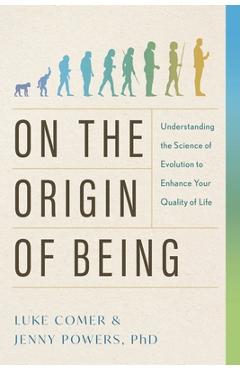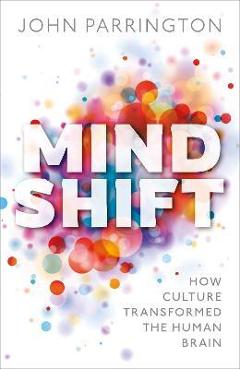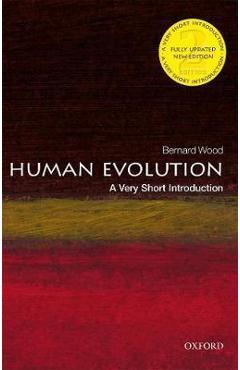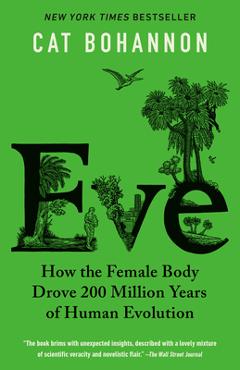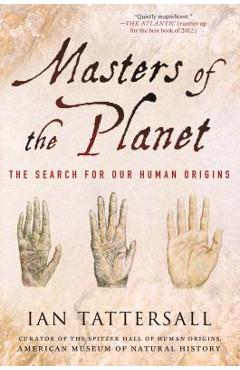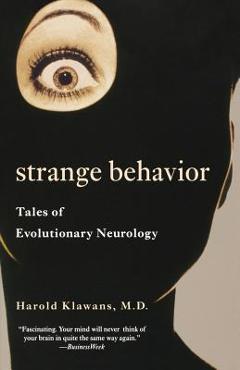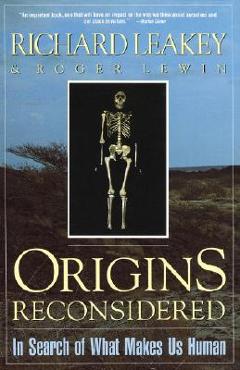Human Evolution: Our Brains and Behavior
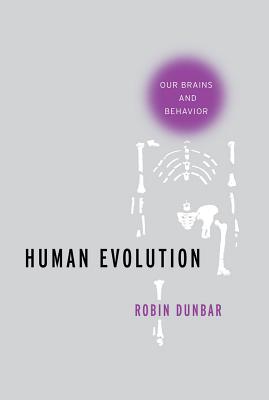
Human Evolution: Our Brains and Behavior
The story of human evolution has fascinated us like no other: we seem to have an insatiable curiosity about who we are and where we have come from. Yet studying the "stones and bones" skirts around what is perhaps the realest, and most relatable, story of human evolution - the social and cognitive changes that gave rise to modern humans. In Human Evolution: Our Brains and Behavior, Robin Dunbar appeals to the human aspects of every reader, as subjects of mating, friendship, and community are discussed from an evolutionary psychology perspective. With a table of contents ranging from prehistoric times to modern days, Human Evolution focuses on an aspect of evolution that has typically been overshadowed by the archaeological record: the biological, neurological, and genetic changes that occurred with each "transition" in the evolutionary narrative. Dunbar's interdisciplinary approach - inspired by his background as both an anthropologist and accomplished psychologist - brings the reader into all aspects of the evolutionary process, which he describes as the "jigsaw puzzle" of evolution that he and the reader will help solve. In doing so, the book carefully maps out each stage of the evolutionary process, from anatomical changes such as bipedalism and increase in brain size, to cognitive and behavioral changes, such as the ability to cook, laugh, and use language to form communities through religion and story-telling. Most importantly and interestingly, Dunbar hypothesizes the order in which these evolutionary changes occurred-conclusions that are reached with the "time budget model" theory that Dunbar himself coined. As definitive as the "stones and bones" are for the hard dates of archaeological evidence, this book explores far more complex psychological questions that require a degree of intellectual speculation: What does it really mean to be human (as opposed to being an ape), and how did we come to be that way?
PRP: 210.74 Lei
Acesta este Pretul Recomandat de Producator. Pretul de vanzare al produsului este afisat mai jos.
189.67Lei
189.67Lei
210.74 LeiIndisponibil
Descrierea produsului
The story of human evolution has fascinated us like no other: we seem to have an insatiable curiosity about who we are and where we have come from. Yet studying the "stones and bones" skirts around what is perhaps the realest, and most relatable, story of human evolution - the social and cognitive changes that gave rise to modern humans. In Human Evolution: Our Brains and Behavior, Robin Dunbar appeals to the human aspects of every reader, as subjects of mating, friendship, and community are discussed from an evolutionary psychology perspective. With a table of contents ranging from prehistoric times to modern days, Human Evolution focuses on an aspect of evolution that has typically been overshadowed by the archaeological record: the biological, neurological, and genetic changes that occurred with each "transition" in the evolutionary narrative. Dunbar's interdisciplinary approach - inspired by his background as both an anthropologist and accomplished psychologist - brings the reader into all aspects of the evolutionary process, which he describes as the "jigsaw puzzle" of evolution that he and the reader will help solve. In doing so, the book carefully maps out each stage of the evolutionary process, from anatomical changes such as bipedalism and increase in brain size, to cognitive and behavioral changes, such as the ability to cook, laugh, and use language to form communities through religion and story-telling. Most importantly and interestingly, Dunbar hypothesizes the order in which these evolutionary changes occurred-conclusions that are reached with the "time budget model" theory that Dunbar himself coined. As definitive as the "stones and bones" are for the hard dates of archaeological evidence, this book explores far more complex psychological questions that require a degree of intellectual speculation: What does it really mean to be human (as opposed to being an ape), and how did we come to be that way?
Detaliile produsului









